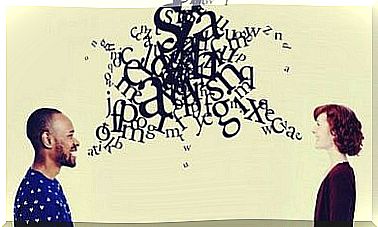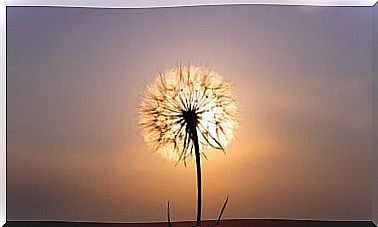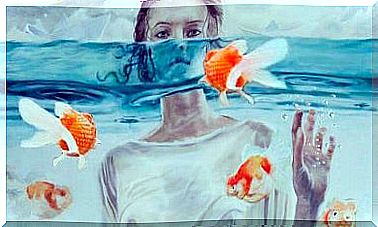Not Doing In Eastern Philosophies
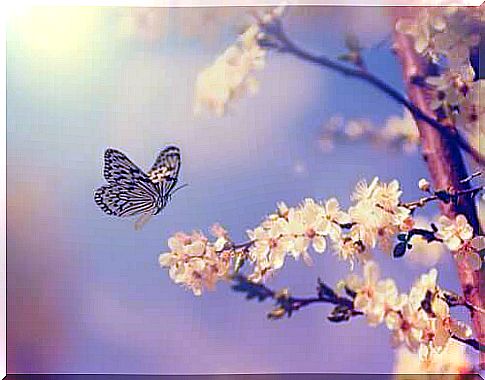
To us Westerners, not doing and unwilling seem crazy. We live, in fact, doing the opposite: we are active and eager. Unlike us Westerners, stillness and detachment are two foundations of Eastern philosophies.
For Zen and other schools of thought, not wanting and not doing is a source of power. On the contrary, we know that attachment and the desire to affect everything, or react to everything, make us weaker. These two dictates of Eastern philosophies are sometimes misunderstood. They are mistaken for neutral passivity or conformity.
There are also those who believe that life without desires is not such. Or if it is, it’s very boring anyway . Intense emotions are a goal for many Westerners, so much so that they invent ways to feel alive. Faced with all this, a question arises: what validity do these two foundations of Eastern philosophies have for a Westerner?
Do not do and do not wish
Detachment and contemplation are fundamental in Eastern philosophies. This can be clearly seen in the Daodejing , a book that has been read and appreciated in all cultures in different historical periods. It states: “The soul without desires sees what is invisible, the soul that does not stop desiring sees only what it desires.” This summarizes the Eastern perspective regarding attachments.
For Westerners, desire prompts action which in turn generates a result. And the result is equivalent to pleasure. Why then is inertia one of the key points of Eastern philosophies? As the Daodejing indicates , the Orientals think that desire distorts the perception of reality. It leads to self-exaltation and enslaves.
Reality seems to prove them right. On the basis of one’s desires, one acts and gets something; then there remains a void that questions desire itself.
Regarding inertia, another of the foundations of Eastern philosophies, the Daodejing states: “Can you keep the water calm and clear so that it reflects without becoming cloudy?”. Not doing allows reality to manifest itself more clearly , to become visible.
Action, on the other hand, interferes with the natural flow of events. Following that, we come to the truth faster when we contemplate it and let it be.
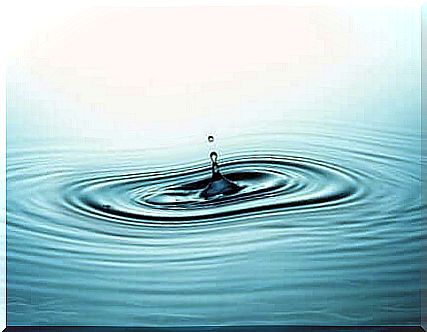
Do not wish, one of the foundations of Eastern philosophies
For Eastern philosophies, the absence of desire gives great power. Whoever desires something, in one way or another, becomes a slave to his desire or his goal or his desire. He subordinates his life to this and to the attempt not to lose him.
This in itself is a situation that leads to anxiety. The unwillingness of the Orientals is also expressed by the famous phrase: “He who has more is not richer, but he who needs less”.
The power to renounce gives great strength to the human being. Neutralize or cancel any conditioning based on the fear of losing something. Much of our Western anxiety comes from exactly this fear that things will not go our way, that we will not achieve what we want or, perhaps, that the undesirable will happen. And the undesirable is such because it presupposes the deprivation of something that we define as important to us.
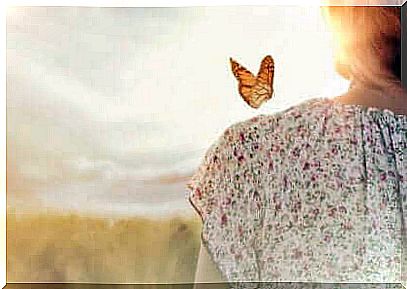
Don’t do, a source of truth
The non-doing of the Orientals does not refer to remaining immobile in all circumstances. Rather, it is a not-doing relative to allowing each reality to take its course. This is based on the belief that the universe has its own dynamics and should not be interfered with.
Not doing is one of the foundations of Eastern philosophies, because it is established that what must happen will happen. We can intervene, but this will not change the substantive course of events. They are energies spent in vain, which will not significantly change reality.
Not wishing and not doing are paths to reach the truth about ourselves and the universe that lives within us. They allow us to perceive everything more transparently and help set us free. This is why the Orientals recommend cultivating them, especially to avoid suffering.
